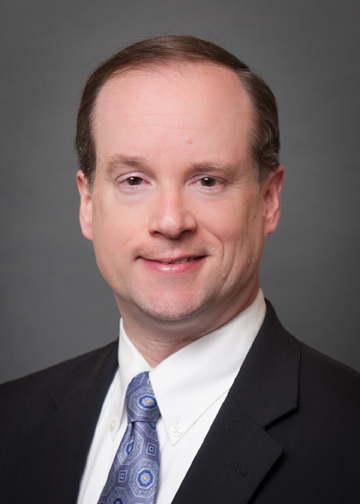Since Republicans won majorities in the North Carolina House and Senate in 2010, each subsequent legislative session has been dramatic and consequential.
Lawmakers have reformed the tax code, reworked the state budget, replenished state savings accounts, rewritten regulations, reshaped Medicaid and unemployment insurance, restructured the planning and finances of the transportation system, and removed barriers to choice and competition in education, just to name some of the major actions of the past five years.
The North Carolina General Assembly will convene for its 2016 session in April. That’s earlier than usual, and reflects the fact that lawmakers moved the state’s primaries from their usual spot in May to March. By launching their “short” session in April, they have raised expectations that their 2016-17 budget bill may be completed by or around the start of the fiscal year on July 1.
I share those expectations. I hope they are met, and further hope that the session will conclude in early July. It makes political sense for lawmakers to get their work done expeditiously and then return home, either to campaign or to get out of the way of the candidates seeking to replace them.
That doesn’t mean, however, that I think the session will lack drama and consequence. There is plenty of important policy work yet to do — plenty of issues to be settled and reforms to be assessed, adjusted, and implemented.
Adjusting the state budget will be job number one. It always is. There are good reasons to believe that Gov. Pat McCrory and the legislature will have a healthy surplus to work with. In the first five months of the 2015-16 fiscal year, state General Fund revenues are running about $532 million above last year’s collections while General Fund expenditures are running about $121 million lower. I’m not saying that the state budget will end up smaller than it was last year — some program expenditures are lumpy, not evenly distributed across the 12 months — but a significant surplus seems more likely than not at the moment.
One reason for optimism is that the McCrory administration is projecting Medicaid spending will run about $139 million below budgeted amounts in 2015-16. Medicaid overruns were among the major causes of fiscal stress in the immediate aftermath of the Great Recession.
What should lawmakers do with a surplus? First they should continue to build up the state’s reserves. The underappreciated story from the 2015 session was the legislature’s $450 million deposit into the rainy day fund, pushing it over $1.1 billion. Let’s do another big deposit to make sure North Carolina is well prepared for a natural or economic disaster.
Next, lawmakers should look at pay raises for teachers and state employees. While some across-the-board adjustment for recent increases in cost of living is reasonable, I think the bulk of the money should be spent on structural changes in the compensation system — continuing to “front-load” the pay scale for teachers, for example, and differentiating pay for all public employees with respect to increased duties, hard-to-staff positions, and demonstrable performance.
After that, my fiscal priorities would include the facility and technology needs of the court system and another step forward on tax reform. In the latter case, I’d recommend we continue to reduce the tax penalty against savings and investment by slashing taxes on capital gains.
On the regulatory front, North Carolina has become a national leader in pursuing reforms. But we have yet to do much to remove licensing barriers that keep our citizens from changing careers and creating new businesses. Another good idea would be to require major new rules to receive explicit legislative approval to ensure that executive agencies do not exceed the power granted to them by the General Assembly.
There are many other policy matters that need legislative attention, if not legislation in 2016. They include academic standards and testing policies in the public schools, transportation funding, the implementation of Medicaid reform, and unfunded liabilities in the state employee health plan. Drama and consequence? You can bet on it.
John Locke Foundation chairman John Hood is the author of Catalyst: Jim Martin and the Rise of North Carolina Republicans.


